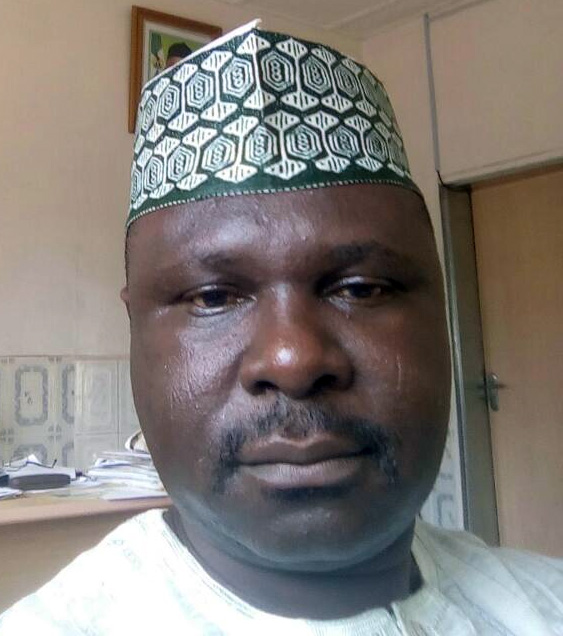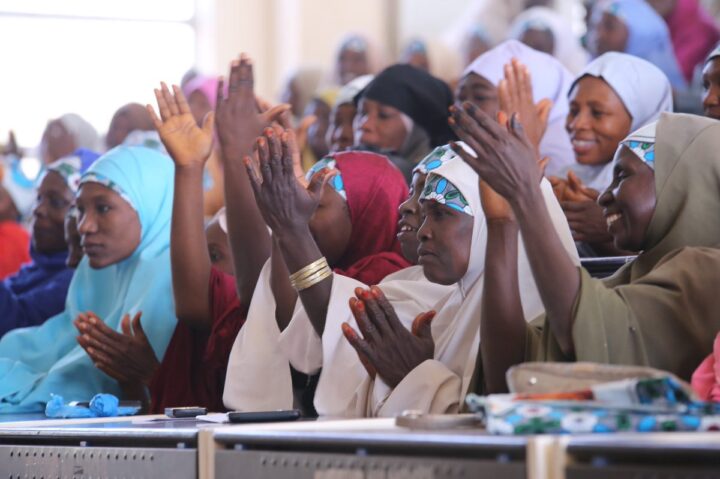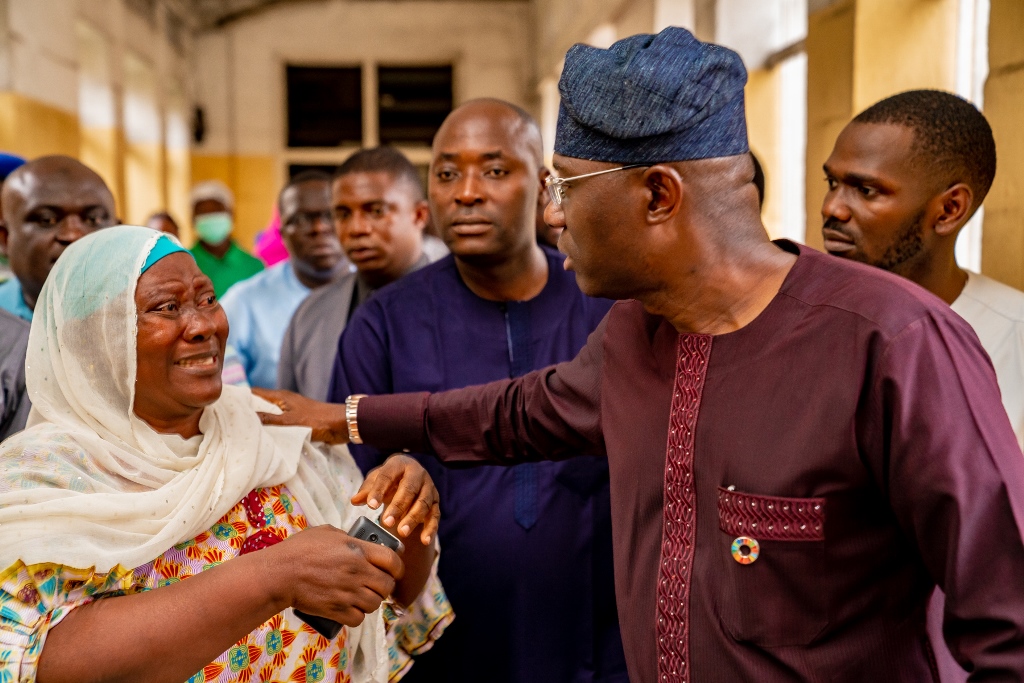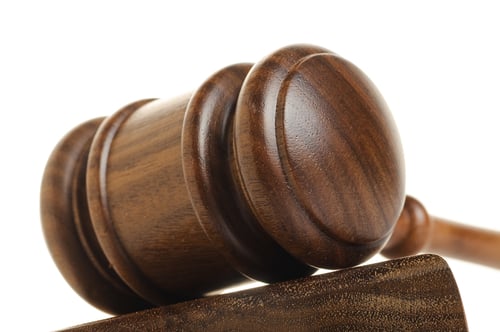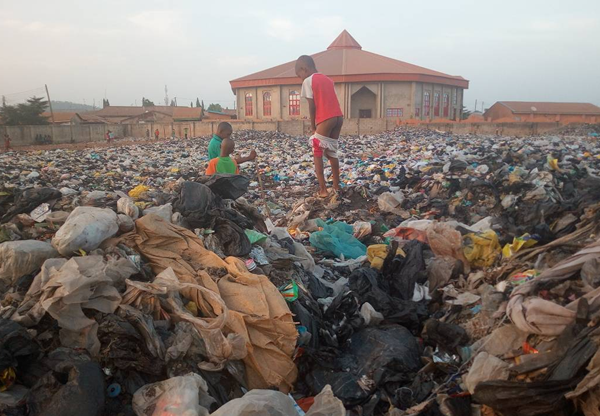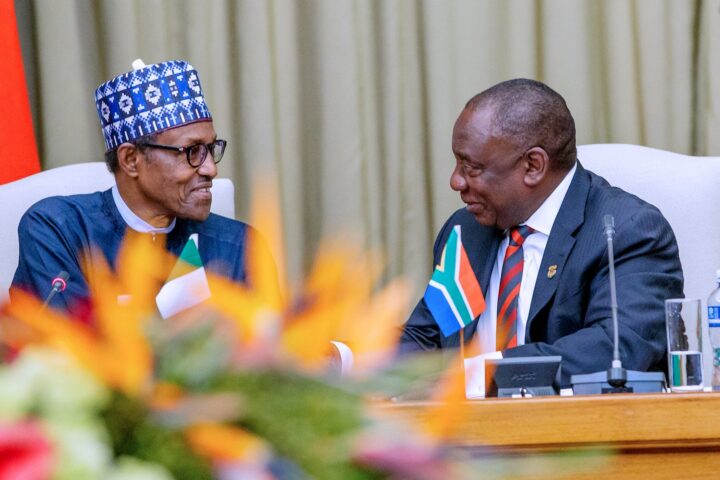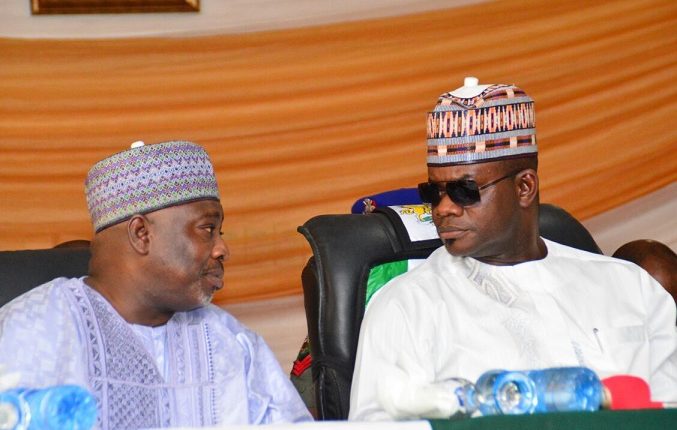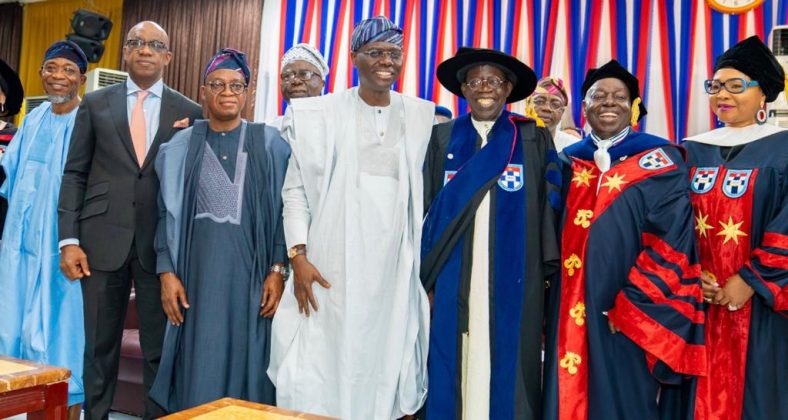Perhaps, few women can match passion with vigor, enthusiasm with vim, energy and articulation, like Hajiya Hafsat Mohammed Baba, the Commissioner of Human Services and Social Development in Kaduna state. The lady, for over two decades, has been engaged in advocacy and sensitisation, darting in and out of courts, championing women’s and children’s rights. At last, in Governor Nasir El Rufai, she has found a fellow gender-friendly advocate and in lock-step, they have been advancing women’s rights in the last four years. Significantly, El Rufai’s pro-women policies and programmes, in every material particular, follow the spirit and letter of APC manifesto. Consequently, in both appointments and gender inclusion, his records are unparalleled in Kaduna state and northern Nigeria in general.
In fact, there are more women commissioners, more women heading parastatals and more women at the top echelon of government, than at any time in the history of the state. Indeed, there are four women commissioners in an 11-member cabinet. Specifically, the Commissioner of Justice and Attorney General is a woman, so are the Commissioners of Housing and Urban Development, Public Works and Infrastructure as well as the Commissioner of Human Services and Social Development. Likewise, a woman heads the Kaduna State Investment and Promotion Agency(KADIPA) as well as the Kaduna State Transport Regulatory Agency(KADSTRA). In addition, a woman is the Head of Service and above all, Dr Hadiza Abubakar Balarabe is the deputy governor of Kaduna state.
However, the policy with the most impact, in my humble opinion, remains the Kaduna State Women Empowerment Fund(KADSWEF). The fund, initiated and executed by Hajiya Hafsat, was supported by Governor El Rufai all the way. Specifically, the fund was launched about 11 months ago on November 14 , at a well attended ceremony in Kaduna. Personally, El Rufai and all the top echelon of government, on that fateful day, gathered at the Umaru Musa Yar’adua Indoor Sports Hall, to flagged off KADSWEF, amidst pomp and pageantry. Under the fund, N200 million was doled out to women entrepreneurs across the three senatorial districts in the state. At the flag off, about 300 people benefited from the scheme and some of them even got credit alerts at the venue of the event. So far, over 1, 262 people and groups have benefited from the fund and they include 123 Women Cooperative Groups, 10 Women With Disability Clusters and over 1000 Women Entrepreneurs. In summary, women cooperatives got the lion share of N200,000, while various amounts, ranging from N20,000, N50,000 and N100,000, were given to selected entrepreneurs and women with special needs.
Broadly, KADSWEF aims at channeling low interest funds to the MSME sub-sector of the state economy, through women cooperatives and clusters. In addition, it seeks to increase productivity and output of women micro enterprises, empower them financially and boost employment. Similarly, the fund aims to provide more women with entrepreneurial skills, business development, management and financial literacy. In addition, KADSWEF wants to bring the informal and disadvantaged groups, mostly poor women, within the fold of an organizational form, which they can manage themselves. Consequently, this will reverse the age-old vicious circle of low income, low savings and low investments. Conversely, a virtuous circle of injection of credit, investment and more income, including more savings and investments will be enthroned.
Advertisement
Specifically, the list of beneficiaries of KADSWEF was not randomly complied, using rule of the thumb or political patronage. First, the Technical Working Group had devised a template, got inputs from the former Ministry of Rural and Community Development as well as the Women Affairs Ministry, especially its Women and Gender Affairs department. Thereafter, women cooperatives and individual entrepreneurs, across the 23 local governments, were invited for screening. Incidentally, the North West zonal office of EFCC was part of the team. Similarly, the fund administrator was chosen after a rigorous process. Initially, after pruning down a long list, three banks were picked for assessment . Afterwards, submissions were received from the defunct Diamond Bank, now Access Bank, Sterling Bank and Fidelity Bank . In the end, Access Bank was selected to vet beneficiaries, keep custody of the funds and disburse KADSWEF loans to eligible individuals and groups.
Remarkably, KADSWEF has achieved other objectives, apart from empowering women. In part, the fund has improved the local economy of Kaduna state and added value to financial institutions. Similarly, it has increased the financial inclusion index of the state as the beneficiaries were made to open bank accounts. Indeed, for the first time, many women opened bank accounts in order to benefit from the scheme. So far, 14,787 new accounts have been opened, according to reports, across the three senatorial districts. In summary, this has translated into more customers and liquidity for the banks. Likewise, 5,420 KADSWEF beneficiaries have been given financial literacy training in Kaduna state. So far, 7,064 women have benefited from KADSWEF and this has been the fund’s success story within one year.
However, the good news is the repayment rate of the loan, especially in a country where default is almost the norm. Right now, the beneficiaries have been paying back the loan and the repayment has been very encouraging. In fact, the Ministry of Human Services and Social Development, according to reports, will hold a Women’s Summit between November 30 and 31, where beneficiaries and business owners will give testimonies. Already, the governor is impressed with KADSWEF and last year, he had allocated N400 million to the fund, in this year’s budget, doubling the amount given for the programme’s take off. Next year, the allocation will increase to N800 million in the 2020 fiscal year. Hopefully, the second round of disbursement will commence before the end of the year.
Advertisement
Last week, former Minister of Sports and ex APC spokesman, Mr Bolaji Abdullahi, presented a gloomy picture of women exclusion from the political process. Abdullahi, in a paper presentation, pointed out that there are only 20 women out of 359 House of Representatives members, representing 5.6%, in Nigeria. Likewise, the upper legislative chamber, with just seven out of 109 senators, represents 6.4% of women membership. Similarly, there are only seven women in a 42-member Federal Executive Council as ministers. In Sudan, Afghanistan and Saudi Arabia, including the United Arab Emirates, according to him, women fair better in governance. Unwittingly, with such poor representation, women issues are often given the short shrift in Nigeria. However, in Kaduna state, women issues are always on the front burner and in gender inclusion as well as mainstreaming, El Rufai is first amongst equals in the country. In the north, he has no equal as his record remains unbeatable till date. Agreed, there is a long road to travel but the governor has put a good foot forward. As yet, women haven’t reached the promised land but they are approaching it in giant strides in Kaduna state.
Musa writes from Kaduna
Views expressed by contributors are strictly personal and not of TheCable.
Add a comment
